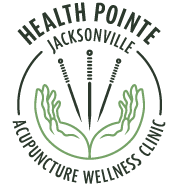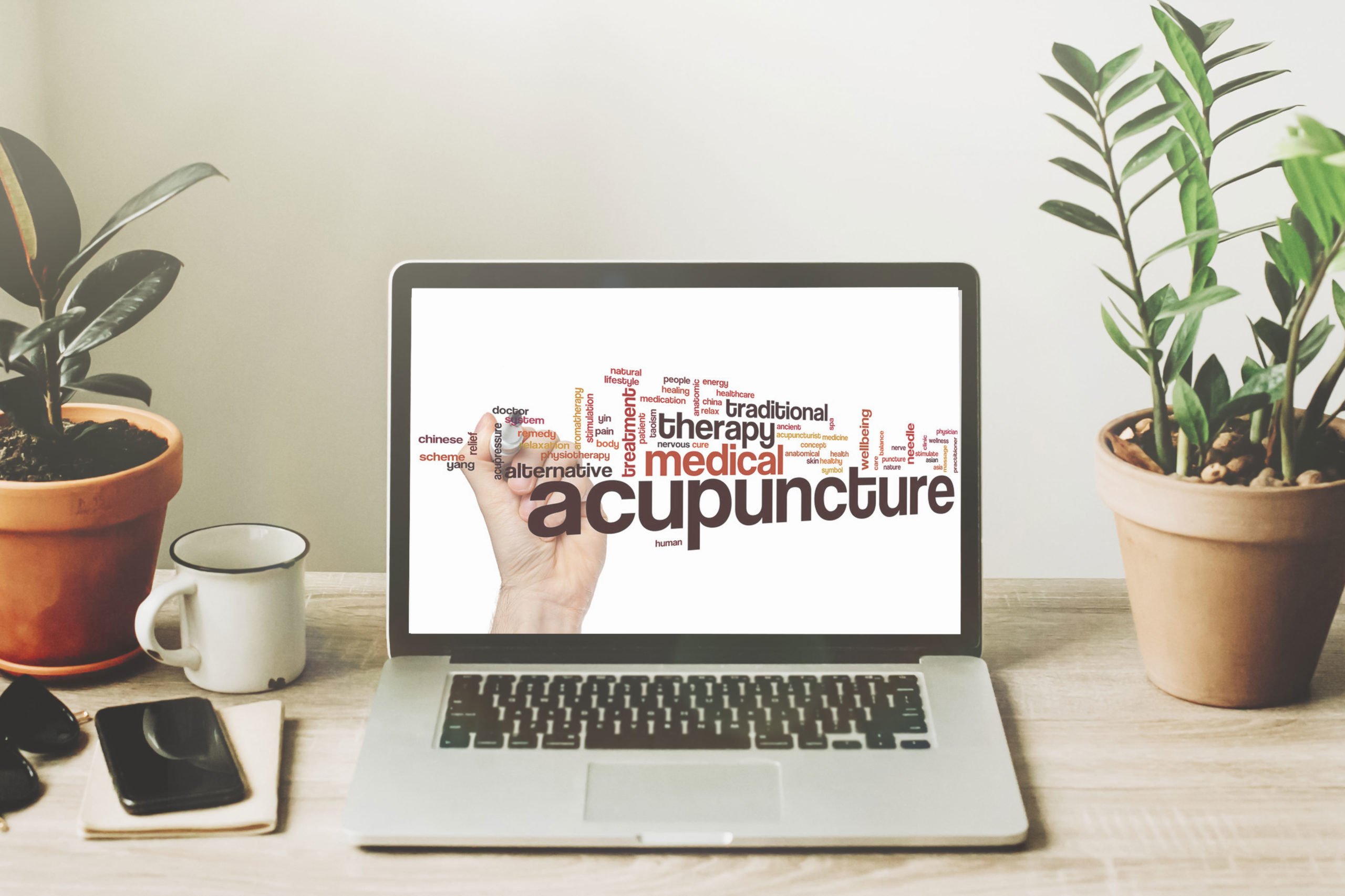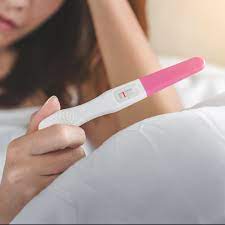Eating a healthy diet in preparation for pregnancy and to boost fertility is one of the most powerful health changes you can make. Numerous studies have shown that specific changes to the diet can increase the chances of healthy ovulation, prevent recurrent miscarriage and support a healthy pregnancy in females. As well as boost sperm quality and quantity in men.
What you eat has a significant impact on your fertility. This has been validated through research, and we’ve seen it in clinical practice. Through a combination of sound nutrition and lifestyle changes, herbs, supplements, acupuncture, IV therapy, Low-Level Laser Therapy (LLLT), and other complementary therapies, most of our patients find their way to a healthy baby, with or without the conventional Western medical system. The food you eat is the foundation upon which your health is built, and a healthy body = a fertile body.
Nutrition plays a big part when it comes to having a healthy body and reproductive system. The building blocks for hormones are found in the foods we eat. Antioxidants which help to protect the egg and sperm from free radicals are found in the foods that we eat.
Making these simple changes in the food you choose to put into your body truly adds up over time. If it feels like a lot to take on, start with one simple change: drink more water today. Then next week, add a few more servings of green vegetables. You don’t have to do this overnight, but know that every positive change you make will bring you closer to your goal.

Benefits of a Fertility Diet
According to Chinese medicine, food is one of the most powerful healing agents available to us. Food can enhance our body’s ability to function at optimal levels, or it can inhibit our body’s organ systems, including our reproductive system.
In order to create a fertile environment in the body, one can support wellness through healthy food choices. According to Traditional Chinese Medicine, food is used as medicine. Food has the incredible capability to heal physical imbalances or cause life threatening consequences like diabetes or cardiovascular disease. The food we choose to ingest ultimately results in the overall make up of our cellular health. By choosing foods that are whole and organic, we can nourish our body thereby creating a fertile environment. At Family Tree Acupuncture, we support a balanced diet that nurtures each individual, depending upon their diagnosis. Each person is unique, therefore requires individual recommendations. However, there are general recommendations to improve overall health, wellness, and fertility. We encourage a healthy diet and increased fertility through nutritional education.
Fertility Diet Nutrition Guidelines
Eat a lot of organic vegetables and fruits’
Conventional produce contains harmful herbicides and pesticides which have been shown to negatively affect both male and female fertility. Studies have also shown organic vegetables and fruits to have more nutritional value. Shoot for 7-10 servings each day
Eat organic, grass-fed, whole fat, raw dairy
Organic, grass-fed, whole fat, raw dairy is the best choice of dairy sources. But take note that dairy foods such as milk and cheese may be congesting to the body. In cases of congesting fertility issues such as PCOS and Endometriosis, they may aggravate the imbalance. Observe how your body does with it. Dairy that is not organic should be avoided as it contains added hormones and antibiotics which can contribute to increased estrogen levels in the body. There are many healthy alternatives to dairy such as fresh almond or hemp milks.
Try to eat mostly cold water fish
Increasing your weekly intake of fish can supply important essential fatty acids (omega 3) to our diet. These fatty acids aid in the production of hormones, reduce inflammation, and help regulate the menstrual cycle. Fish is also a great source of protein and vitamin A. Avoid large deep water fish such as ahi tuna, swordfish, and Chilean sea bass due to there potential concentrations of mercury, and focus on cold water fish such as wild Alaskan salmon, cod, and Alaskan halibut. Also when choosing salmon, avoid north Atlantic farmed salmon and choose wild salmon instead. Farmed salmon contains antibiotics and toxic food dyes.
Choose meat that is Grass Fed and Organic
Conventionally raised cattle contain high levels of added hormones and antibiotics which can contribute to estrogen dominate conditions. Grass Fed meats, on the other hand, are a great source of essential fatty acids, are low in saturated fat, and are a great source of protein. If you are experiencing endometriosis you may want to reduce the amount of red meat that you eat as a study has shown a connection between high red meat consumption and endometriosis
Choose only free range/Organic chicken
Just like red meat, conventionally raised chicken is full of antibiotics and hormones which can have negative effects on hormonal health. When shopping for chicken, look for the words “cage free”, “free range”, or “organic” on the label. Ideally purchasing your chicken from a local farm with free-range practices is best.
Eat only grains in their whole, natural form
Whole grains are filled with fiber, important vitamins, and immune supporting properties. Fiber is important for helping the body to get rid of excess hormones and helps to keep the blood sugar balanced. Avoid processed and refined white foods and grains such as white bread, semolina pastas, and white rice. Instead choose whole wheat or sprouted bread, rice or whole wheat pasta, quinoa, and brown rice.
Eat high fiber foods with each meal
Fiber helps to regulate the blood sugar levels which helps to reduce fertility issues such as PCOS, immunological issues, and promotes healthy hormonal balance. Some examples of high fiber foods are fruits, vegetables, dark leafy greens, and beans.
Drink lots of clean water
Be sure to drink at least half your body weight in ounces of clean, purified or filtered water daily. It is best to avoid drinking bottled water (plastic) some of the plastics in the bottle can contribute to hormonal imbalance due to their estrogen mimicking chemicals. The best waters to choose from are reverse osmosis and distilled. Depending on where you live and the quality of your water, it’s best to avoid tap water if you can. Recent studies have shown tap water to be laced with harmful pesticides from agricultural runoff.
Important Nutrients for Fertility
While all nutrients are important for health, there are some that have been specifically shown to have a direct impact on fertility. Below is a list of these nutrients and the foods you can find them in…
Micronutrients
Antioxidants, Vitamins & Minerals for Fertility
Vitamin D: Vitamin D is needed to help the body create sex hormones which in turn affects ovulation and hormonal balance. Food sources: Eggs, fatty fish, dairy, and cod liver oil. You can also get vitamin D from sitting out in the sun for 15 to 20 minutes per day. But absorption is impacted by the darkness of your skin.
Vitamin E: Has been shown in studies to improve sperm health and motility in men. Studies have shown a diet deficient in Vitamin E to be a cause of infertility in rats. The meaning of the name for vitamin E ‘Tocopherol’ literally means to bear young. Vitamin E is also an important antioxidant to help protect sperm and egg DNA integrity. Food sources: Sunflower seeds, almonds, olives, spinach, papaya, dark leafy greens.
CoQ10: Necessary for every cell in the body for energy production, CoQ10 has also been shown in studies to increase ova (egg) and sperm health. It is necessary for sperm motility in semen. It is also an important antioxidant that helps to protect cells from free radical damage; protecting DNA. Food sources: Found in seafood and organ meats, though it is very difficult to obtain through the diet.
Vitamin C: Vitamin C improves hormone levels and increases fertility in women with luteal phase defect, according to a study published in “Fertility and Sterility”. As for men, vitamin C has been shown to improve sperm quality and protect sperm from DNA damage; helping to reduce the change of miscarriage and chromosomal problems. Vitamin C also appears to keep sperm from clumping together, making them more motile.
Food sources: Abundant in plants and fruits including red peppers, broccoli, cranberries, cabbage, potatoes, tomatoes, and citrus fruit.
Lipoic Acid: Lipoic acid is a very important antioxidant because it not only helps to protect the female reproductive organs and has been shown to improve sperm quality and motility but it also helps the body to continually re-use the antioxidants in the body. Food sources: In small amounts found in potatoes, spinach and red meat.
B6: Vitamin B6 may be used as a hormone regulator. It also helps to regulate blood sugars, alleviates PMS, and may be useful in relieving symptoms of morning sickness. B6 has also been shown to help with Luteal Phase Defect (second stage of menstrual cycle, usually between day 14-28) Food sources: Tuna, banana, turkey, liver, salmon, cod, spinach, bell peppers, and turnip greens, collard greens, garlic, cauliflower, mustard greens, celery, cabbage, asparagus, broccoli, kale, Brussels sprouts, chard.
*B12: Vitamin B12 has been shown to improve sperm quality and production. It also may help to boost the endometrium lining in egg fertilization, decreasing the chances of miscarriage. Some studies have found that a deficiency of B12 may increase the chances of irregular ovulation, and in severe cases stop ovulation altogether. Food sources: Clams, oysters, muscles, liver, caviar (fish eggs), fish, crab, lobster, beef, lamb, cheese, eggs.
*Folic Acid: Perhaps one of the best known vitamins necessary for pregnancy is folic acid. This vitamin helps prevent neural tube defects as well as congenital heart defects, cleft lips, limb defects, and urinary tract anomalies in developing fetuses. Deficiency in this may increase the risk of going into preterm delivery, infant low birth weight and fetal growth retardation. Food sources: liver, lentils, pinto beans, garbanzo beans, asparagus, spinach, black beans, navy beans, kidney beans, collard greens
Iron: Studies have shown that women who do not get sufficient may suffer anovulation (lack of ovulation) and possibly poor egg health, which can inhibit pregnancy at a rate 60% higher than those with sufficient iron stores in their blood. Food sources: Lentils, spinach, tofu, sesame seeds, kidney beans, pumpkin seeds (raw), venison, garbanzo beans, navy beans, molasses, beef
Selenium: An antioxidant that helps to protect the eggs and sperm from free radicals. Free radicals can cause chromosomal damage which is known to be a cause of miscarriages and birth defects. Selenium is also necessary for the creation of sperm. In studies men with low sperm counts have also been found to have low levels of selenium. Food sources: Liver, snapper, cod, halibut, tuna, salmon, sardines, shrimp, crimini mushrooms, turkey, Brazil nuts (just one nut contains nearly 100% of the RDA for selenium).
Zinc: In women, zinc works with more than 300 different enzymes in the body to keep things working well. Without it, your cells can not divide properly; your estrogen and progesterone levels can get out of balance and your reproductive system may not be fully functioning. Low levels have been directly linked to miscarriage in the early stages of a pregnancy, according to The Centers for Disease Control’s Assisted Reproductive Technology Report.
In men zinc is considered one of the most important trace minerals to date for male fertility; increasing zinc levels in infertile men has been shown to boost sperm levels; improve the form, function and quality of male sperm and decrease male infertility. Food sources: Calf liver, oysters, beef, lamb, venison, sesame seeds, pumpkin seeds, yogurt, turkey, green peas, shrimp. Zinc can be damaged by cooking so it is important to eat some foods high in zinc in their raw forms.
Essential Fatty Acids: Omega-3 acids have been shown to help fertility by helping to regulate hormones in the body, increase cervical mucous, promote ovulation and overall improve the quality of the uterus by increasing the blood flow to the reproductive organs.
Omega-3 fats also contain two acids that are crucial to good health: DHA and EPA. These two acids have been shown to help many forms of disease. Low levels of DHA have been linked to depression and other mental health issues. During pregnancy, a lack of DHA may be associated with premature birth, low birth weight and hyperactivity in children. Food sources: Flax seeds, walnuts, salmon, sardines, halibut, shrimp, snapper, scallops, chia seed.
Foods to Avoid
Just as nutrients in food can be helpful for fertility, there are some foods and chemicals added to foods that can be harmful for your healthy and fertility.
Sugar, soda & pasteurized juices
Pasteurized juices such as bottled apple juice, orange juice, and other bottled fruit juices contain concentrated sugar, which can throw off your blood sugar levels and negatively effect your immune system and hormonal balance. Also avoid any processed/refined and artificial sugars. Some great alternatives are stevia, honey, and maple syrup.
Caffeine
Studies have shown that caffeine can affect your hormonal balance, increase your chances of a miscarriage and prevent you from ovulating.
Soy Foods
Soy foods have been shown to contain estrogen mimicking properties. It is best to avoid processed soy foods such as soy milk, soy burgers, soy protein powder, soy chips, soy meats, and soy cheeses to avoid a negative impact on your hormonal balance. Both men and women are affected by soy.
GMO Foods
Genetically Modified foods are becoming a real problem when it comes to fertility, causing an influx in worldwide infertility rates. Since the 1970’s alone, sperm counts among the world’s male population have declined as much as 40-50%, according to some studies. GMO foods may be one of the reasons. …
Fat-Free Foods
Foods which are altered to be reduced in fat or fat-free are highly processed and high in sugar. When choosing foods always chose the foods as nature intended. Full fat dairy is one example that was shown in a study by Harvard to increase fertility over the fat-reduced options. Again, fat is what our bodies need to produce hormones.
Bon Apetit!





About The Author: Julee Miller
More posts by Julee Miller